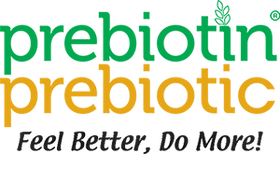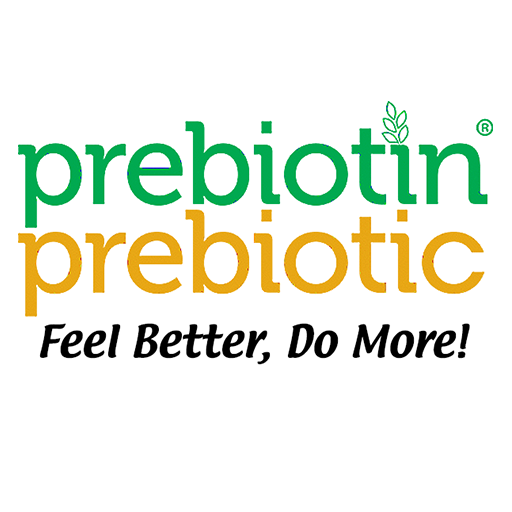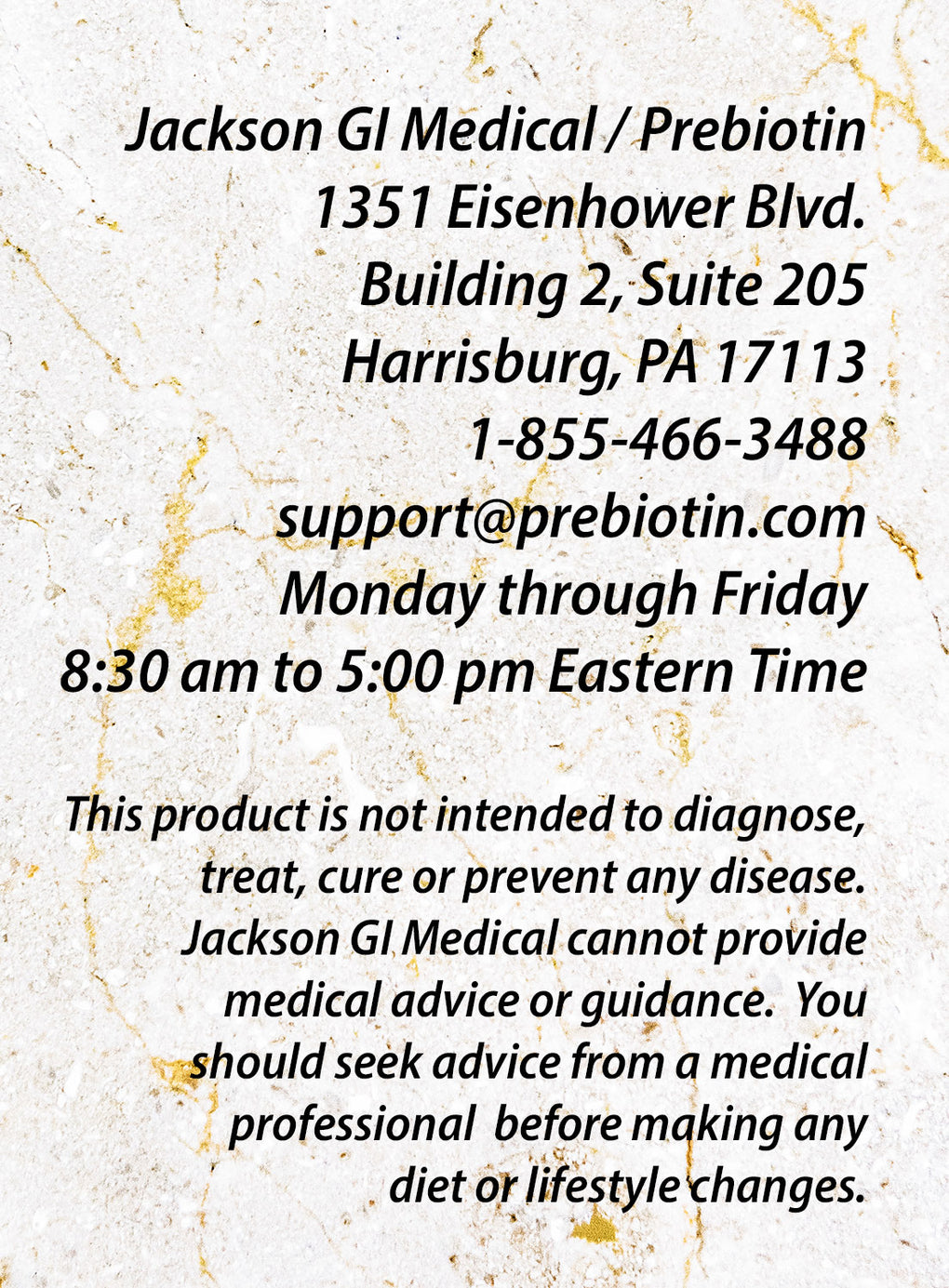Are You One? National Cancer Survivors Day

Amazingly, there are almost 15.5 million of us now in the United States who have survived some type of cancer. I am one, are you?
That fact is both a celebration and a challenge!
Currently, the number of new cancer cases for every 100,000 people is 439, according to NIH statistics. In 2018, an estimated 1,735,350 new cases of cancer were diagnosed in the United States, and about 609,640 people died from the disease.
Cancer mortality is higher among men than women (196.8 per 100,000 men and 139.6 per 100,000 women), according to NIH statistics. African American men have the highest cancer mortality (239.9 per 100,000); Asian/Pacific Islander women (88.3 per 100,000) have the lowest.

The good news is that the number of cancer survivors is growing. This is partially due to a growing and aging population, but improved treatments and earlier detection are all helping people to live longer.
By 2026, that number will grow to more than 20 million—including everyone who’s ever had cancer from the time of diagnosis for the rest of their life—according to estimates in a new report, “CA: A Cancer Journal for Clinicians were released June 2, 2016.
We are like veterans of a war…
The report also stresses what I’ve learned personally. Life after cancer is often not the same. What special challenges do we face after treatment? In some respects, we are like veterans who come home from one or more tours of duty fighting an enemy. We have employed every bit of weaponry in the traditional health care arsenal: surgical strikes, chemical warfare, radiation, and now increasingly, complementary and integrative care methods.
But, like any war veteran, we suffer post-war physical and mental challenges. The war may be over for now, but we worry about being redeployed. Our bodies are not the same. Some of us are missing body parts we depended upon or were very fond of! All of us are on higher alert for infections that plague people who have endured multiple attacks on our microbiome from antibiotics, surgeries, chemotherapy, radiation, hormonal treatments, and extreme stress.
Improve your health—improve your survival.
One major change is that these treatments weaken your immune system, according to the CDC, Staying Healthy During Cancer Treatment. If we had chemotherapy, we are more likely to get infections, including bacterial infections, through everyday activities or from health care settings. And the infection is often serious enough to require a hospital visit for one in 10 cancer survivors who receive chemotherapy.
“One major change is that these treatments weaken your immune system. Cancer survivors who are treated with chemotherapy are more likely to get infections, such as bacterial infections, through everyday activities or from health care settings.”
A few simple steps can lower the risk for infection, according to the CDC—daily bathing, brushing your teeth several times a day, and avoiding cuts and scrapes where possible are a good start.
Especially critical is eating a diet rich in fruits and vegetables. Your war-torn gut needs reconstruction! Did you know that over 80% of your entire immune system resides in the wall of the colon and is intimately tied to the type of bacteria in the colon? That means a plant-based diet—minus sugar, processed foods, and unhealthy fats—is a great way to build up the beneficial bacteria that boost the immune system and reduce cancer risk.
The following research studies demonstrate the incredible impact of a fiber-rich diet:
- Lower risk of death – In a recent study in JAMA Oncology, 992 colon cancer patients who followed the ACS Guidelines on Nutrition and Physical Activity for Cancer Prevention (put out by the American Cancer Society) had 42% lower risk of death during the study period—and a higher 5-year survival rate.
- Lower risk of any cancer – Equally compelling are the results from a study examining cancer-preventing health behaviors in 65,838 postmenopausal women enrolled in the Women’s Health Initiative Observational Study. Researchers found women who followed the ACS Guidelines on Nutrition and Physical Activity for Cancer Prevention had a lower risk of any cancer and lower cancer-specific mortality—specifically a 17% lower risk of any cancer, 22% lower risk of breast cancer, 52% lower risk of colorectal cancer, 27% lower risk of all-cause mortality, and 20% lower risk of cancer-specific mortality.
- Immunotherapy treatments – Researchers at the Parker Institute for Cancer Immunotherapy (CA, USA) found that the gut microbiome plays a big role in moderating the immune system. A study with 113 melanoma patients treated with anti-PD-1 immunotherapy showed that patients with a high-fiber diet could be up to five-times more likely to respond to treatment.
It’s never too late!
“Pay attention to the things that make you feel good and try to repeat them!”
Did I strictly follow the ACS’s cancer prevention guidelines? Honestly, no. How about you, if you are a cancer survivor, are you watching your diet and exercising to decrease your risk for cancer?
Well, I’m here to tell you that it is never too late! The better I eat, the better I feel. The better I feel, the nicer I am to be around, and the more productive I am in my work. The healthier I am, the more resistant I become to unwanted bacteria, viruses, and fungal assaults. What an amazing discovery!
A prebiotic supplement reduces the impact of radiation in University of Texas MD Anderson Cancer Center study.
We already know that cancer treatment with radiation can thin the intestinal mucus and impair the intestinal barrier—all associated with an unhealthy gut. Dr. Robert Jeng and colleagues at the Anderson Cancer center found that administering a prebiotic supplement prevented this effect in mice that were exposed to total body irradiation. This treatment is promising for patients who require treatments that may damage the gut microbiome.
Why Prebiotin?
Prebiotin has become my go-to supplement. After my treatment, I realized I so needed to rebalance my gut, which was totally dysfunctional due to chemotherapy, antibiotics, and improper nutrition. I did my research and learned that while taking a probiotic may be helpful in some cases, taking probiotics alone was not the answer. Although beneficial, probiotics are fragile and can easily be killed by stomach acid, time, and heat.
More recently I was concerned to read that in a study with 113 melanoma patients at the University of Texas MD Anderson Cancer Center, over-the-counter probiotic supplement use was linked to a 70% lower chance of response to immunotherapy in a subset of 46 melanoma patients.
The researchers also found that patients eating high-fiber diets were about 5 times as likely to respond to immunotherapy treatment (with anti-PD-1 checkpoint inhibitors). Since I found numerous studies that demonstrate the benefits of a fiber-rich diet, I eventually found Prebiotin® Prebiotic Fiber, which I purchased and used.
In a few weeks, I noticed I felt better. As promised, the prebiotic fiber in Prebiotin was helping to feed the good bacteria in my gut, which helped to shift the balance in my microbiome. The number of beneficial bacteria colonies were increasing, while the growth of “bad” bacteria was being suppressed.
I was so impressed with the change in my health that I eventually joined the company. A full-spectrum fiber made from chicory root, Prebiotin is the most medically researched and clinically studied prebiotic fiber available. Prebiotin is currently the chosen prebiotic, for efficacy and tolerance, in 8 or more ongoing university research studies covering numerous gut-brain health related conditions and is highly recommended by physicians and clinicians alike.
The prebiotic fibers in Prebiotin, oligofructose-enriched inulin, or OEI, are proven to stimulate good bacteria growth throughout the entire colon, not just one side. War is never fought on just one front.
As I often point out to friends and family, prebiotics don’t actually “kill” bad bacteria. They simply help good bacteria repopulate your war-torn gut, crowding out the bad invaders.
Go from Surviving to Thriving!!!!
For more information on cancer and prebiotics, please go Why Prebiotics Might Help During & After Cancer Treatment and Breast Cancer Awareness & The Gut Microbiome: Fight Back With Food!
Are you one? If you have a health experience as a cancer survivor, caregiver, family or friend of a survivor that you would like to share with us, please go to our Contact page and tell us your story.
For more about my personal cancer journey and those of others, visit Joan Lunden’s site, Stories of Courage:
Anne Mercer Larson is the former Director of Strategic Initiatives, Marketing & Public Relations for Prebiotin. Even before becoming a survivor herself, Anne consulted with physicians and hospitals and a premier producer of award-winning cancer videos and books on the development of cancer marketing strategies. She authored two peer-reviewed articles, one in Cancer Management Journal which was also included in the International version, and another for California Hospitals Magazine.
As a consultant Anne volunteered, assisting with the initial strategic planning for the Orange County Breast Cancer Partnership, facilitating the initial planning meeting of county medical and social service providers to provide breast cancer screening for the under-served. Anne also served as Publicity Chair for the Orange County 1995 Susan G. Komen Race for the Cure, increasing registrants from 7,500 to 12,000. She holds a B.A. and a Master’s degree in Organizational Behavior.
References
- American Gastroenterological Association. New evidence on the role of the gut microbiome in improving human health. 23 new abstracts to be presented at the 2019 Gut Microbiota for Health World Summit. EurekAlert! Public Release: March 23, 2019.
- American Cancer Society and National Cancer Institute. Cancer Treatment & Survivorship Facts & Figures 2016-2017. June 2, 2016.
- Cancer Treatment Centers of America. Hereditary cancer risks: How information can open up opportunities. CTCA, April 24, 2018.
- CDC: Cancer Survivors.
- Holscher HD. Dietary fiber and prebiotics and the gastrointestinal microbiota. Gut Microbes. Published online: 27 Feb 2017. 8(2): 172-184.
- Miller KD, Siegel RL, Lin CC, et al. Cancer treatment and survivorship statistics, 2016. CA: A Cancer Journal for Clinicians.
- Parker Institute. Probiotics Linked to Poorer Response to Cancer Immunotherapy in Skin Cancer Patients. Parker Institute for Cancer Immunotherapy. April 2, 2019. Accessed May 22, 2019.
- Rock CL, Doyle C, Demark-Wahnefried W, et al. Nutrition and physical activity guidelines for cancer survivors. CA Cancer J Clin. 2012 Jul-Aug;62(4):243-74. doi: 10.3322/caac.21142. Epub 2012 Apr 26.
- Sawyer, Abigail. Can a high-fiber diet lead to a better immunotherapy response? 1 Mar 2019. Accessed April, 2019.
- Social Security Association blog. Social Security Supports National Cancer Survivors Day. June 5, 2017. Accessed May 29, 2016.
- Thompson CA, McCullough ML, Wertheim BC, et al. Nutrition and Physical Activity Cancer Prevention Guidelines, Cancer Risk, and Mortality in the Women’s Health Initiative. Cancer Prev Res (Phila). 2014;7(1):42-53. DOI: 10.1158/1940-6207.CAPR-13-0258 Published January 2014.
- Van Blarigan EL, Fuchs CS, et al. Association of Survival With Adherence to the American Cancer Society Nutrition and Physical Activity Guidelines for Cancer Survivors After Colon Cancer Diagnosis The CALGB 89803/Alliance Trial. JAMA Oncol. Published online April 12, 2018. doi:10.1001/jamaoncol.2018.0126.
Additional Cancer Resources
- American Cancer Society: Survivorship Resource Center
- BCRF: Breast Cancer Research Foundation Resources
- Be a Survivor: Your Guide to Breast Cancer Treatment
- CDC: Cancer Prevention & Control
- CTCA: Cancer Treatment Centers of America
- Dana Farber Institute: Cancer Treatment & Resources
- NIH National Cancer Institute Cancer Statistics
- NIH: National Cancer Institute Resources for Patients
- Social Security Association Compassionate Allowances Conditions








